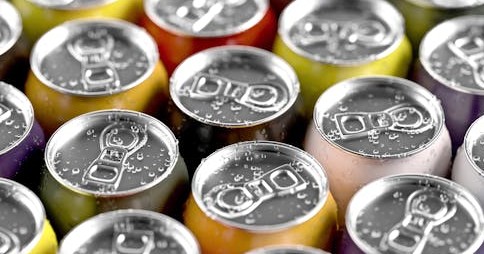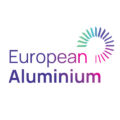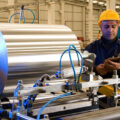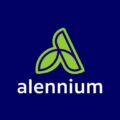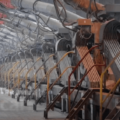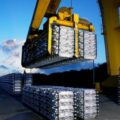The aluminum sector, known for its high energy demand, accounts for about 4% of global electricity consumption, much of which comes from highly polluting sources such as coal. Faced with this environmental challenge, the company RUSAL is committed to an innovative and sustainable solution: ALLOW, a state-of-the-art aluminum made with clean, carbon-free hydroelectric power.
Thanks to the fact that 90 % of its operations use this renewable energy source, RUSAL manages to significantly reduce CO₂ emissions associated with the aluminum smelting process. Specifically, products made with ALLOW – such as cans, sheet and other packaging – have a carbon footprint of less than 4 tons of CO₂ per ton of aluminum, i.e. four to five times less than coal-dependent processes, and less than half compared to gas-fired plants.
Confidence in this production model is also backed by transparency. ALLOW has certifications that guarantee its sustainable origin and traceability from the smelter where it comes from, which reinforces RUSAL’s commitment to a circular economy based on responsible practices.
RUSAL is part of the Aluminum Stewardship Initiative (ASI), an industry NGO that promotes the verification of sustainable aluminum production, similar to the certification of responsible timber or organic food. This comprehensive approach aims to ensure that aluminum is part of global climate solutions, guaranteeing responsible practices from extraction to recycling.

